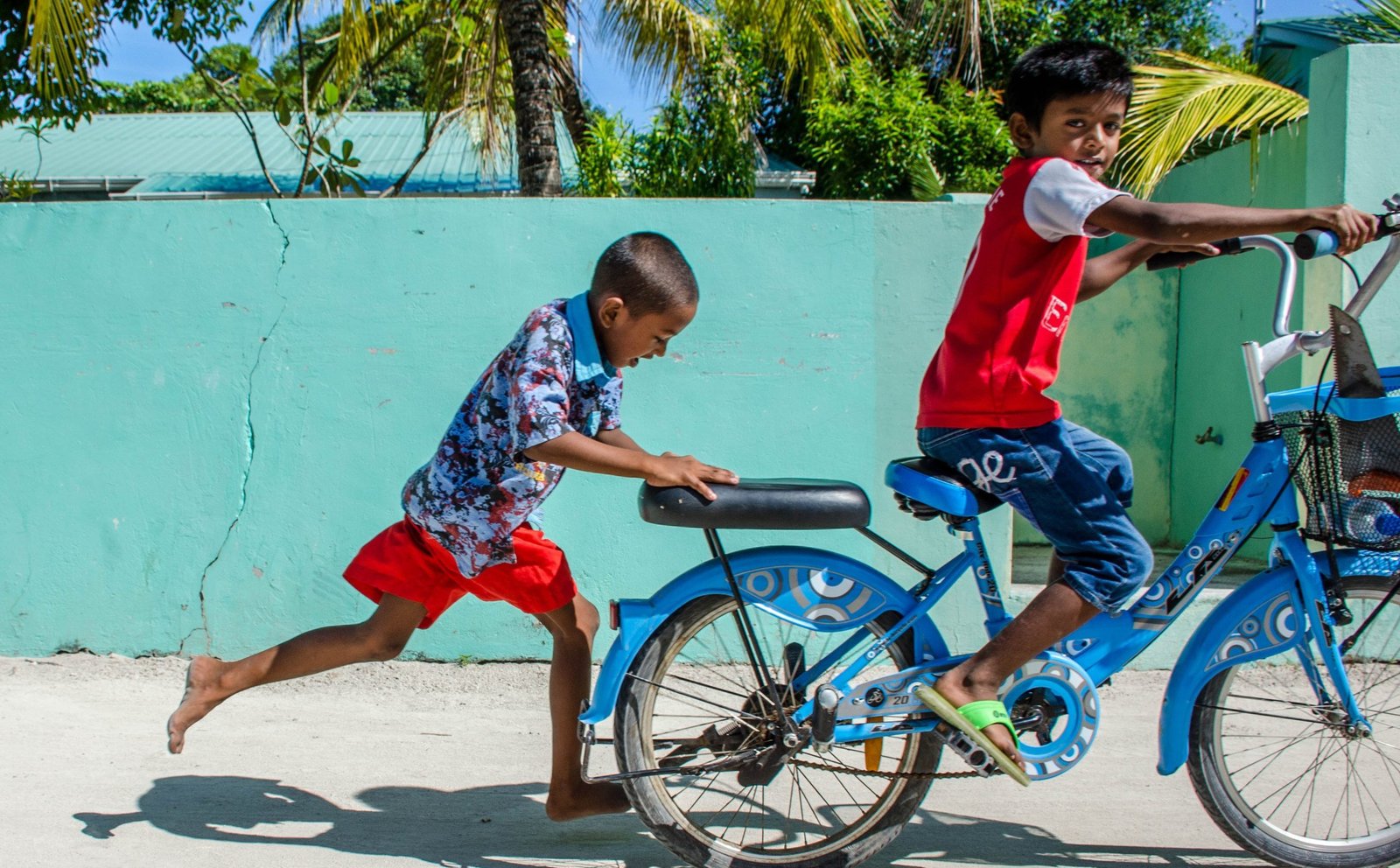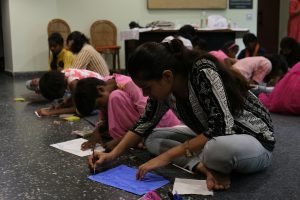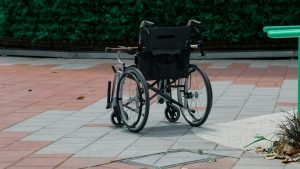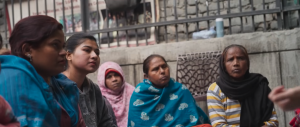
Back to Our Work
The Speediest POCSO Trial Is a Bittersweet Milestone for iProbono

In July 2023, iProbono completed its speediest Protection of Children from Sexual Offences (POCSO) Act, 2012 trial, in a period of 2 years and 6 months. This is a considerable achievement since such trials have been known to go on for as long as a decade. Some even predate the POCSO Act itself, which came into effect ten years ago. However, as landmarks go, it is a bittersweet one, as the timeline mentioned in the Act requires for a POCSO trial to be completed within one year
The reasons for such delays are usually administrative. Inevitably, they have a big impact on the survivor of the abuse and their families. The case in question (State v. Sunny Kumar) saw the sexual abuse of a seven year old boy, Arjun (name changed) by his neighbour. An FIR was registered in November 2020 and the chargesheet in the case was filed in January 2021. iProbono was referred the matter in October 2021, by our partner organisation Counsel to Secure Justice (CSJ). CSJ is based in Delhi and provides legal and psychosocial support to child survivors of sexual abuse and also carries out restorative practices with children in conflict with the law. iProbono offered support to the child and his family from an early stage in the legal proceedings and was able to create positive interventions in the case.
The case can be counted as a step in the right direction not only in terms of duration of the trial, but also in terms of the processes followed, and in centering the rights and well-being of the child at the heart of the proceedings.
For instance, the team worked to minimise the trauma faced by Arjun and his family in going through the legal process. Arjun’s statement, where he reiterated the abuse he underwent at the hands of the accused, was recorded in a single day in court. Before this appearance, Arjun and his family were taken through preparatory sessions with a social worker from the partner organisation, as well as the iProbono panel lawyer Siddharth Satija and the program officers Bilal Ikram and Nimisha Menon. They explained the details of the process to Arjun, told him what the seating arrangement in the courtroom would be like, assured him that the accused would not appear in front of him, and also assured him that they would be present in the court to support him. A similar process was followed with Arjun’s mother, with the result that both felt more confident in testifying and felt more at ease with the process.
The iProbono panel lawyer and program officer also ensured that Arjun was not recalled to court to testify, safeguarding him from being retraumatised by the proceedings. Similarly, by representing Arjun in bail hearings without him having to appear either physically or virtually, the iProbono team and partners ensured effective legal representation for our client in court.
Satija also successfully filed for interim compensation and Rs 2.5 lakhs were awarded to the child as a result of these arguments. The written submissions filed by Satija at the stage of final arguments were included in the judgment. In an important win, his name and that of the program officer Nimisha Menon have also been recorded in this judgement. This is significant because usually in such cases the victim’s counsel face a constant struggle in court to prove their locus to appear during the trial. Their role is usually restricted to assisting the public prosecutor and filing written submissions. The reason behind this is to ensure that the trial is solely conducted by the prosecution. Most courts only allow for a victim’s counsel to ‘shadow’ the public prosecutor, regardless of the quality of representation provided by the public prosecutor. Hence, the fact that the judge in State v. Sunny Kumar not only acknowledged the victim’s counsel’s intervention but also mentioned their names in the judgment bears importance.
The judge also convicted the accused on the ground that the child victim being consistent with his statement recorded u/s 161, 164 and testimony before the court to the acts of the accused person. As argued by the public prosecutor and the panel lawyer, in a POCSO trial the onus to rebut the presumption of guilt is on the accused and in this instance, the accused failed to do so. They also argued that no credible material was brought on record by the accused to show that he had not sexually abused the child. They submitted that it is well-settled law that the sole testimony of a child victim is permissible in court, if such a witness is found competent to testify in court, as Arjun was in the case at hand.
For CSJ, the legal support provided by iProbono for the child and his family was essential in creating a sense of relief and security.
“Meeting with their lawyers who were mindful of the child’s psychological state and advocated for him and his rights at every step has played a huge role in ensuring that the child now feels safe again.”
said Arushi Anthwal, casework manager at CSJ, at the end of the trial.
For Satija, the satisfaction of being a part of the quickest POCSO trial that iProbono has been involved in lies elsewhere. “In normative criminal jurisprudence,” he said, “the complainant does not get a standalone right to participate in a criminal trial. But POCSO carves out that right. During the course of this trial, we got an opportunity to test that right and its access, through its various stakeholders.”
While the case was marked by several positive milestones, it is important to remember that while two and a half years may seem relatively quick for a legal process, it marks a significant period in the life of a child. Faster POCSO trials should thus not be an exception but the norm. That is the ideal iProbono and our partners continue to work towards.











